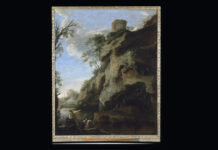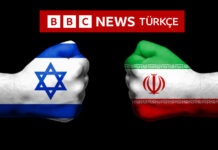There is a well-known story that is used as pointing out a zero sum game among the Anatolian people. A landlord and his poor sharecropper is going to the near by town for shopping. The landlord decides to play a game on his destitute companion. He says: “Mehmet, you see that animal excretion on the road, I will give you this brand new cart and the two horses that pull it. The poor man takes on the challenge thinking that he has nothing to loose. He does what is needed. They change places. Mehmet is so proud to own something other than the rags he wears. Yet he is sour to be treated like this and what to use the occasion to get even. In return he makes a counter offer to the landlord who has been thinking how stupid he has been by giving away an expensive cart and horses. Mehmet says: “If you want to earn back what you lost you eat the next animal excretion.” The landlord readily accepts and gets back his possessions. As they travel the rest of the way they have terrible taste in their mouth and a bitter judgment in their mind: “If nothing would change, why did we eat this s…?”
Now it is our turn to ask the question: Why did we disrupt the parliamentary system of electing the next president if we would not allow him/her to be elected by either the Parliament or by popular vote after President A.N. Sezer vetoed the constitutional amendment sent to him by the Parliament to change the presidential election procedure. Now the debate is on who has the right to cast the country into such legal and political uncertainty?
President Sezer’s rationale is as follows:
1- The amendments proposed in the bill to change the election procedure of the president by the Parliament to popular vote are not sufficiently discussed by the public.
2- Electing the president by popular vote will politicize the seat of the presidency. A strong Prime Minister and a popularly elected President equipped with considerable powers (as is the case today) will split the executive to cause dissonance in administration.
3- A popularly elected President and a Prime Minister most likely be reflecting the same political leanings [after all they are people’s choices (D.E)]. This will create a monopoly of power. Checks and balances in the system (over the executive) will disappear and cause atrophy in the governance of the country.
4- The second change proposed in the amendment bill is the election of the president for two consecutive terms for five years each (as opposed to a single seven-year term as it is presently). President Sezer argues that a president must not be worried of competition. This will make him/her bend and twist to political pressures and loose impartiality.
5- One of the amendments rejected by the President was to eliminate the present causes of the impasse that could not be surpassed today that lead to the declaration of early elections. The requirement of initiating the election process with the presence of 267 M.P.s is reduced to one third of the necessary number to start deliberations. Mr. Sezer finds this expedient and in favor of the majority party in the Parliament.
In summary Mr. Sezer argues that the changes are unconstitutional because they do not fit the spirit of the parliamentary system. Is this judgment correct or is it the product of the anxiety of the bureaucratic elite to loose its grip on the system and a run away political party that can change the system for good or bad?
What is correct in Mr. Sezer’s arguments is that there has not been enough public discourse on the system to adopt that will produce its own presidential candidate. Ours is a parliamentary system that is based on a strong government headed by a Prime Minister and a symbolic head of state (President). But this is not true because the military lead government and the Consultative Assembly following the 1980 coup d’etat equipped the President with considerable powers that was yielded by General Kenan Evren that ruled the country as head of state for many years hereafter. Now those powers collide with that of the Prime Minister. This was no problem until the likelihood of an AKP presidential candidate seemed to be acquiring them.
What is to be debated is this thwarted political system that gives all the power to the executive. Otherwise we will constantly quarrel on the issue of who will be the next president rather than what kind of a president we should have. If we are a parliamentary system, the powers of the president should be the reduced. If we are going to adopt a semi-presidential system then the whole institutional set up must be altered and the powers of the president must be rearranged and increased. Without considering this systemic rearrangement debating on the personality of the next president only lead to destructive political squabbles that undermine the legitimacy of the system.
What is Mr. Sezer is not correct is his shared fear of the popular decisions that may yield a power structure whereby the vetoing power of the bureaucracy over the system will diminish. This attitude that has heretofore nurtured the tutelary system that was based on the dictum “for the people, against the people” has ossified Turkey and left it behind all nations that she started the process of modernization and development. Any maneuver to halt the realization of popular choice will cause legitimacy problems and damage the system that will be artificially created by unpopular will. This will bring no good to anyone including those who want to install such a praetorian system. Fear of the people is an indication of fear of democracy. At the end nothing will change but we will have a terrible taste in our mouth as we do today!










